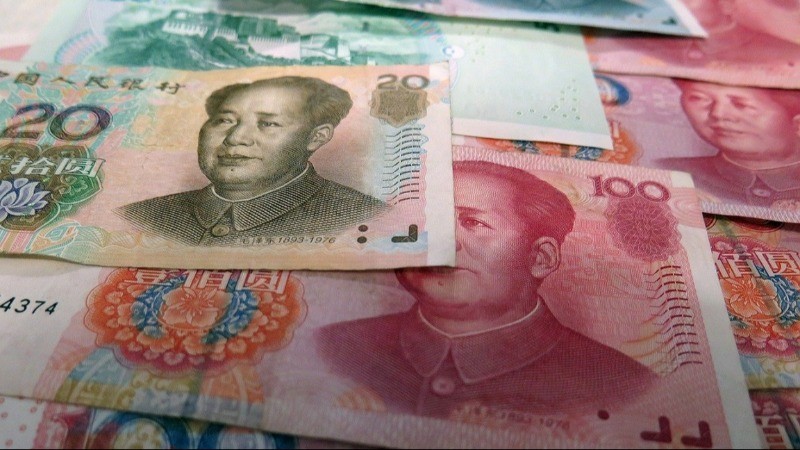
China has officially approved a Value-Added Tax (VAT) law, a key move in strengthening its taxation framework. The legislation, passed during a session of the Standing Committee of the National People's Congress (NPC), will come into effect on January 1, 2026. This marks a major milestone in the country’s ongoing efforts to enforce law-based taxation.
Comprehensive Taxation Framework
With VAT being the largest tax category in China, this new law consolidates existing regulations under one comprehensive legal framework. The VAT accounted for approximately 38% of national tax revenues in 2023, underscoring its critical role in fiscal policy. The newly legislated VAT law brings the total number of taxes with legal backing to 14 out of 18, covering the majority of China's taxation structure.
Key Features and Exemptions
While the specifics of the law are yet to be fully disclosed, the latest draft includes significant exemptions. These include certain agricultural products, imported equipment for scientific research and teaching, goods for disabled individuals, and services offered by welfare institutions, such as kindergartens and elderly care facilities. The government also retains the flexibility to expand tax deductibles to support targeted industries or businesses.
Recent Developments in Tax Policy
China has been proactive in revising its tax policies to address economic challenges. In 2019, VAT rates for manufacturers were reduced from 16% to 13%, and transportation and construction sectors saw their rates drop from 10% to 9%. Last month, the government introduced tax incentives for home and land transactions to support the struggling property market, exempting residents from VAT if they sell homes at least two years after purchase.
Additionally, a VAT refund policy aimed at encouraging domestic and foreign research institutions to buy Chinese-made equipment has been extended until the end of 2027.
Economic Context
The VAT reform comes amid a slowing economy, with VAT revenues declining by 4.7% year-on-year in the first 11 months of 2023, amounting to 6.1 trillion yuan ($840 billion). However, November showed signs of recovery with a 1.36% rise in VAT revenue.
Experts see this rebound as a positive indicator of improving economic vitality. "The recovery in VAT reflects stronger business activity and industrial profits, which could further boost economic momentum," said Tommy Xie, Head of Asia Macro Research at OCBC Bank.
Significance of the New VAT Law
The enactment of the VAT law signifies China’s commitment to modernizing its tax system, ensuring legal consistency, and fostering economic resilience. By integrating various exemptions and maintaining flexibility for targeted adjustments, the law positions China to better navigate its fiscal and economic challenges.